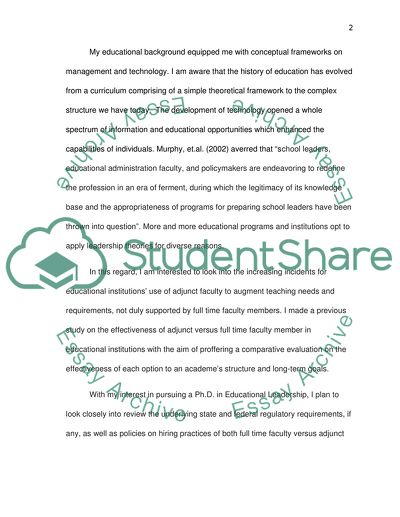Cite this document
(“Purpose for Educational Leadership Personal Statement”, n.d.)
Purpose for Educational Leadership Personal Statement. Retrieved from https://studentshare.org/education/1744684-sample-academic-written-statement-of-purpose
Purpose for Educational Leadership Personal Statement. Retrieved from https://studentshare.org/education/1744684-sample-academic-written-statement-of-purpose
(Purpose for Educational Leadership Personal Statement)
Purpose for Educational Leadership Personal Statement. https://studentshare.org/education/1744684-sample-academic-written-statement-of-purpose.
Purpose for Educational Leadership Personal Statement. https://studentshare.org/education/1744684-sample-academic-written-statement-of-purpose.
“Purpose for Educational Leadership Personal Statement”, n.d. https://studentshare.org/education/1744684-sample-academic-written-statement-of-purpose.


